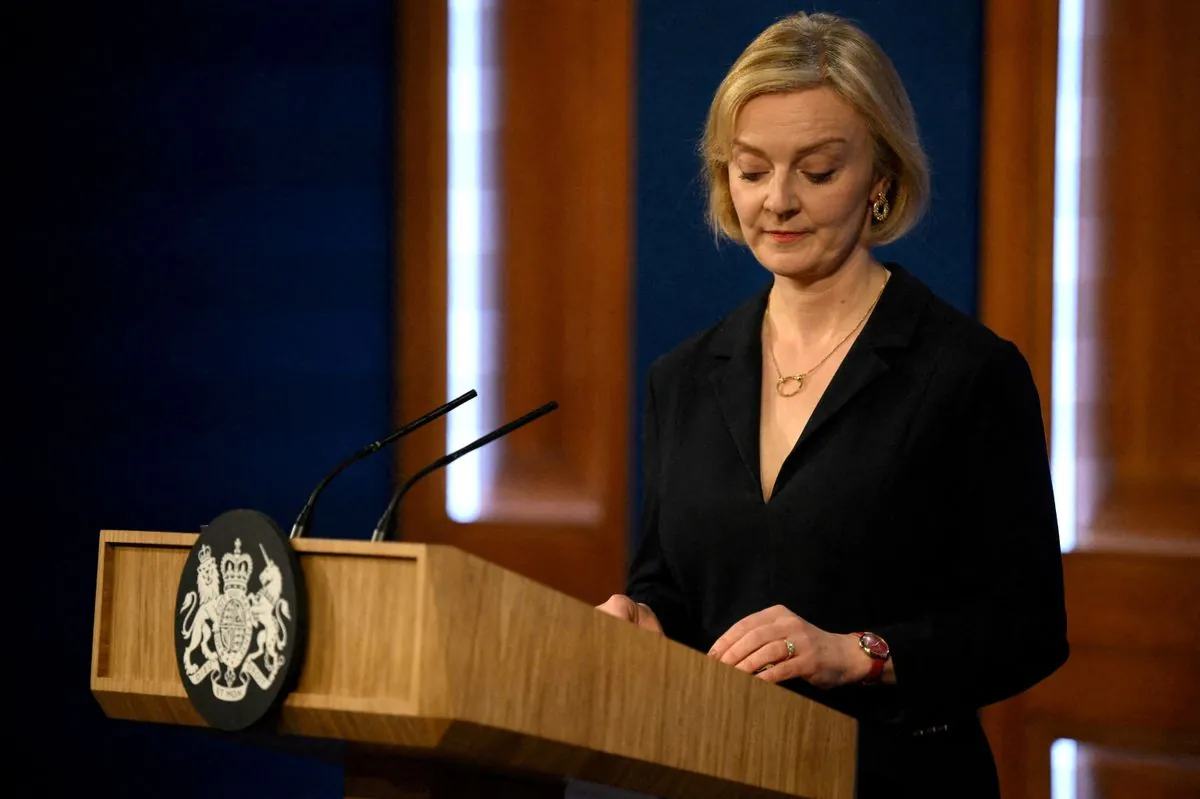The UK government has recently unveiled its economic strategy, marking a significant shift from previous policies. This announcement has sparked considerable debate among political analysts and economists.
Sir Keir Starmer, the current Labour Party leader, has criticized the government's approach, highlighting a larger-than-expected economic deficit inherited from the previous administration. This situation has led to a controversial decision to increase taxes across various sectors, potentially impacting the government's stated goal of wealth creation.
The new strategy represents a stark contrast to the Cameron-Osborne austerity programme implemented from 2010 to 2015. Instead of reducing public expenditure, the current plan involves increasing it, with taxpayers bearing the cost of both existing debt and additional spending.
One of the most contentious aspects of the new policy is the allocation of funds for public sector pay rises. These increases are not contingent on improvements in productivity or services, leading some critics to view them as a means to mitigate ongoing strikes that have disrupted national life and economic recovery. It's worth noting that the UK has experienced a series of public sector strikes in 2022 and 2023 over pay and working conditions.
The government's slogan of "fixing the foundations" has been met with skepticism due to its lack of specificity. Critics argue that the plan fails to address which foundations require fixing and how this will be achieved.
"We are committed to addressing the economic challenges we face and building a stronger, more resilient economy for all."
The recent riots and their social implications have also been a point of discussion. The government's response has been somewhat ambiguous, simultaneously condemning the unrest while acknowledging it as a reflection of genuine social dissatisfaction.
A significant omission in the government's narrative is the impact of recent global events on the UK's economic situation. The COVID-19 pandemic, which began in late 2019, and the Russia-Ukraine war, which started on February 24, 2022, have both had profound effects on the global economy. The UK government spent over £400 billion on pandemic-related measures, including a furlough scheme that cost around £70 billion.
Moreover, the UK's GDP fell by 9.3% in 2020, the largest annual fall on record, and the country entered a recession in the last quarter of 2022. Inflation peaked at 11.1% in October 2022, the highest in 41 years, prompting the Bank of England to raise interest rates 14 consecutive times between December 2021 and August 2023.
Critics argue that by not acknowledging these factors, the government is avoiding discussion of its previous support for expensive solutions during these crises, including lockdowns, furlough schemes, and energy subsidies. The energy price guarantee scheme alone was estimated to cost £16 billion for six months in 2022-2023.
As the UK navigates these economic challenges, with public sector net debt reaching £2.5 trillion at the end of March 2023, the effectiveness of this new strategy remains to be seen. The coming months will be crucial in determining whether this approach can address the complex economic issues facing the nation.
